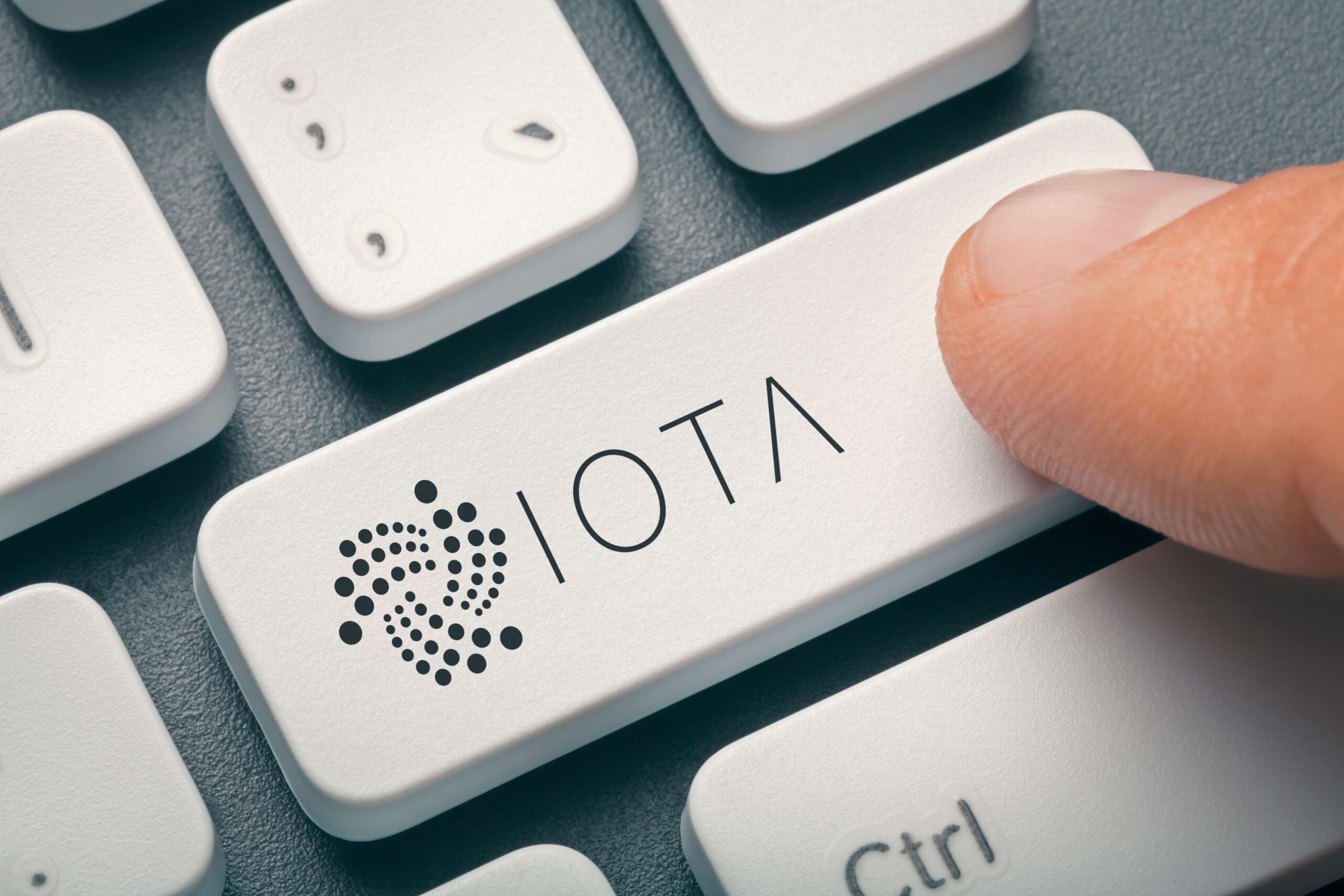Source: Morrowind – Shutterstock
- An IOTA team member shared some interesting new features that are working up and will be soon introduced to IOTA 2.0 platform.
- In addition, the team is also working on L1 smart contracts and Social Integration for the IOTA 2.0 platform.
The IOTA development team has shared a few more updates for the IOTA 2.0 blockchain that they have been working on recently. IOTA team member Jonas Theis shares some of the important updates that they have been working on in the discord channel.
Theis wrote: “IOTA 2.0 is a living beast, as such, we will be developing, improving, and iterating upon it in the future”. However, he presented some initial set of changes that they would be coming up with in the near future.
- Consensus: The IOTA 2.0 team plans to implement consensus among reality ledger, OTV, and commitment chains, committees, etc.
- Tokenomics: This is another important area of focus where the IOTA team will implement a dPoS-like system while having MANA as a reward.
- Congestion Control: This aims to provide fair access to the IOTA 2.0 ecosystem without PoW based on MANA. However, this feature of congestion control will be technically optional as the rest of the protocol can also operate with PoW via an access control mechanism.
#IOTA 2.0 is a living beast indeed! Thanks for the overview Jonas! pic.twitter.com/yVVglkyx1l
— bennnni.web3 (@bennnni_web3) November 16, 2022
Jonas Theis said that all of these will be implemented further improving decentralization on the platform.
Future upgrades to IOTA 2.0
The IOTA team is also working on a ton of other topics including the L1 smart contracts and Social Integration. Under social integration, IOTA 2.0 will provide users with the identity of first-class citizens with the goal of integrating real-world trust.
Jonas Theis believes that these upgrades will position IOTA as a settlement layer as well as a liquidity layer. This will make the IOTA 2.0 network ready for high fault tolerance, with no harmful MEVs, and great for zk-Rollups because of parallel execution.
He further added that amid the current development in ZK tech, fractional scaling, and rollups in general, there’s no urgency in implementing sharding as of now.
Related: How IOTA can support the climate and financial system change worldwide
The IOTA research team has been working on IOTA 2.0 since 2019 with the goal of having “a feeless, fully decentralized and secure IOTA protocol”. The IOTA 20 is an open and equitable network with each participant governed by the same rules, and algorithms, and holding the exact same rights.
In IOTA 2.0 every blockchain node directly contributes to network security and consensus by validating transactions. Last year in June 2021, the IOTA team announced the launch of the IOTA 2.0 Development Network (DevNet).
Developers can participate in IOTA 2.0 DevNet and build innovative new features with an entirely new playground, and a myriad of tools, features, use cases, and opportunities.
Credit: Source link












































